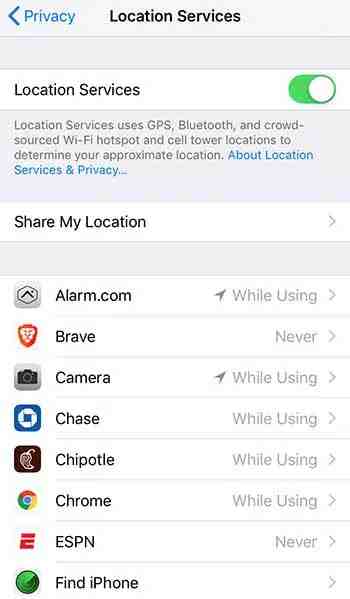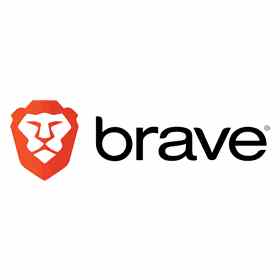No matter what you do, internet companies are going to try to learn everything they can about you. Your age, location, income, and other demographic information are hugely valuable to them. That’s why it’s important to protect your online privacy. Follow these rules to stay safe and keep your data locked down.

Social media privacy
Facebook, Instagram, and Twitter can soak up a ton of information if you’re not careful. Our guide to Facebook privacy should help you keep your information safe. Remember, people have been fired for what they’ve posted on social networks, so you want to be careful about what you write and who can see it. Once it’s online, it’s hard to take it back.
Take a moment right now to go to your Facebook privacy settings and give them a thorough once-over.
It’s also important to turn off location services on each of your social media apps. Does Mark Zuckerberg really need to know where you buy groceries?
If you have an iPhone, just go to Settings > Privacy > Location Services and you can adjust which apps can track you down. For ultimate privacy, turn it all off. But you also probably want your map functions to be able to find you, so consider your options here.
For Android, go to Settings > Security & location > Location and then adjust Use location as you see fit. Remember that location services can burn a hole through your data plan, so only turn them on for the most essential apps.
 For Android, go to
For Android, go toIt’s also important to limit where your social profile can follow you around the web. Consider these steps to stop Facebook from following you once you’ve left Facebook.
Change your browser
Chrome can be a privacy nightmare. Consider one of these three alternatives for a more private browsing experience.

Best tools for privacy
You need to make sure your antivirus and anti-malware programs are up to the task. If you’re ever on public Wi-Fi, a VPN is a must. Read our recommendations on the best online tools to stay safe.
Consider decentralized options
It’s easy to default to the Google suite of products. They’re free, they’re easy, and they’re everywhere. But that means that Google is compiling a heck of a lot of data on you. There are some decentralized versions of Google Docs, YouTube, and Google Photos that put your privacy at the forefront.
More privacy steps
Are you using Google for search? Most of us do. But it’s one surefire way to leak your information all over the internet. Consider switching to a privacy-focused search engine. A firewall can also be a huge tool in your data-protection arsenal. And while you’re at it, consider encrypting your data when you can.
Protect your privacy, choose this search engine over Google
Set up two-factor authentication
If your accounts fall into the wrong hands, two-factor authentication can really save you. And Google just proved that it’s one of your best defenses against getting your accounts hijacked.
Watch out for new threats
No matter how vigilant you are, the bad guys are always angling for new ways to steal your information. Sometimes, it’s our own lack of awareness; sometimes, it’s a blunder from a company we trusted; sometimes, it’s an all-out assault from people trying to hurt us. In fact, some apps are even tracking us after we’ve removed them.
It’s important to stay up to date on privacy threats, that’s why Softonic is here to alert you to emerging dangers. For immediate alerts, we recommend allowing our push notifications. Just click the padlock in the URL bar and make sure your Notifications section is set to Allow .
We’ll continue monitoring the privacy and security landscape, and as soon as we have new information, we’ll be sure to let you know.